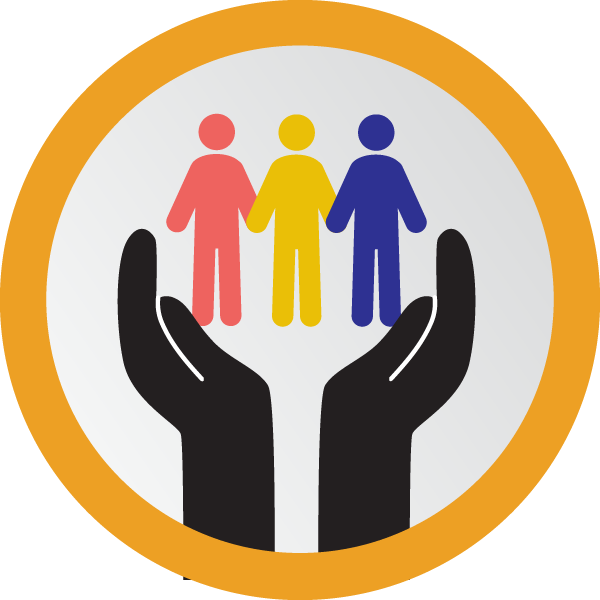
Social risks are adverse conditions or contextual factors associated with poor health. They may increase an individual’s likelihood of having unmet social needs, a patient-centered concept that incorporates a person’s perception of their own health-related needs. Social risks and social needs such as food-, housing-, and transportation insecurity, can pose significant barriers to cancer care and contribute to poorer health-related outcomes, especially for cancer patients and survivors from historically underserved and marginalized backgrounds.
Contact:
Sallie Weaver, PhD, MHS
Health Systems and Interventions Research Branch

